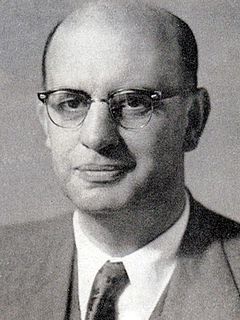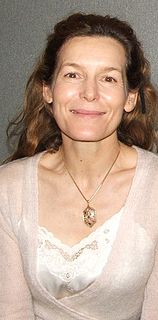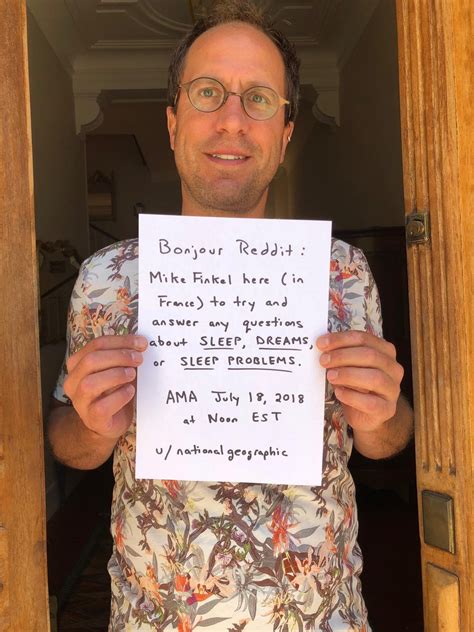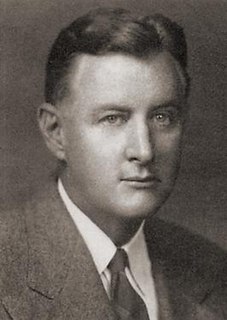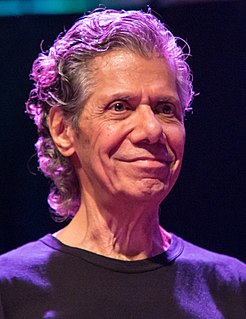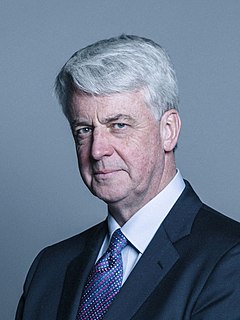A Quote by Athol Fugard
Without white South Africa realizing what it had done - and on the basis of that realization having the courage to ask for forgiveness - there can really be no significant movement.
Related Quotes
I am one of those who believe that there is no permanent home for even a section of the Bantu in the white area of South Africa and the destiny of South Africa depends on this essential point. If the principle of permanent residence for the black man in the area of the white is accepted then it is the beginning of the end of civilisation as we know it in this country.
The blind spot for the in the Southern Progressive Movement - as for that matter in the national [progressive] movement - was the Negro, for the whole movement in the South coincided paradoxically with the crest of the wave of racism. Still more important to the association of the two movements was the fact that their leaders were often identical. In fact, the typical Progressive reformer rode to power in the South on a disenfranchising or white-supremacy movement.
Taking the continent as a whole, this religious tension may be responsible for the revival of the commonest racial feeling. Africa is divided into Black and White, and the names that are substituted- Africa south of the Sahara, Africa north of the Sahara- do not manage to hide this latent racism. Here, it is affirmed that White Africa has a thousand-year-old tradition of culture; that she is Mediterranean, that she is a continuation of Europe and that she shares in Graeco-Latin civilization. Black Africa is looked on as a region that is inert, brutal, uncivilized - in a word, savage.
What most of us need, almost more than anything, is the courage and humility really to ask for help, from the depths of our hearts: to ask for the compassion of the enlightened beings, to ask for purification and healing, to ask for the power to understand the meaning of our suffering and transform it; at a relative level to ask for the growth in our lives of clarity, peace, and discernment, and to ask for the realization of the absolute nature of mind that comes from merging with the deathless wisdom mind of the master.
And now South Africa has finally woken up and it is doing great things. And if South Africa becomes the template to what AIDS is in the sub-Saharan continent, then all the other countries are going to follow suit. And Michel Sidibe, who spoke at the breakfast meeting this morning, was saying that there is so much hope for Africa now that South Africa has got its house in order.
When I was in government, the South African economy was growing at 4.5% - 5%. But then came the global financial crisis of 2008/2009, and so the global economy shrunk. That hit South Africa very hard, because then the export markets shrunk, and that includes China, which has become one of the main trade partners with South Africa. Also, the slowdown in the Chinese economy affected South Africa. The result was that during that whole period, South Africa lost something like a million jobs because of external factors.



